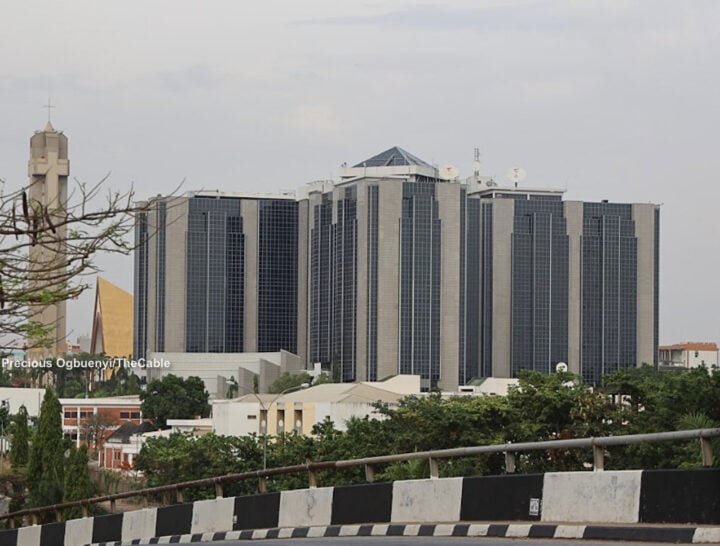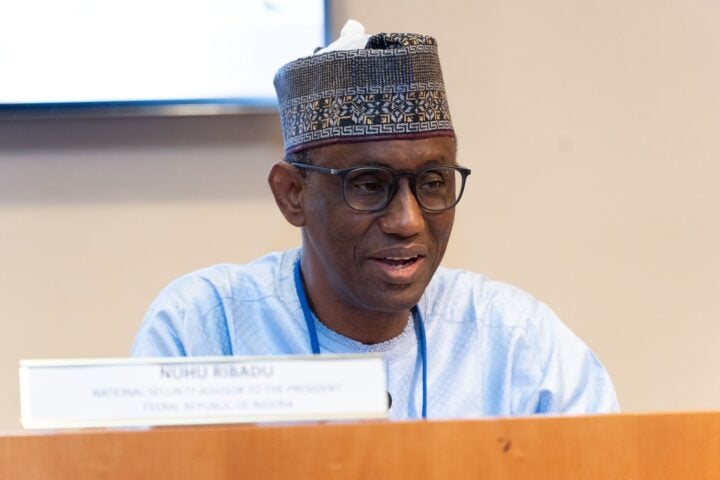BY ELIZABETH CHISOROM CHUKWU
Bullying has become a rising problem in schools in Nigeria. According to a report by Science Direct, about 52.9 percent of adolescent school students in Nigeria said they have experienced at least one type of bullying, while 27 percent said they were bullies themselves. Bullying in Nigerian schools is often seen as a personal struggle, confined to the affected students. However, this view overlooks a deeper and more troubling reality: the psychological violence that occurs in schools is part of a larger pattern of social conflict that has serious implications for national security.
Every day, students across Nigeria walk into classrooms or residences consumed with fear, knowing they are targets of emotional, psychological, or physical torment. These children, often sitting in the back of the class, aren’t indifferent to their futures—they’re simply preoccupied with surviving their present. How can they be expected to learn when they are constantly at the forefront of numerous battle lines and are bound to lose repeatedly?
Their pain remains untold, their scars unnoticed, and their silence is often mistaken as resilience. In the end, the ripple effects extend far beyond the four walls of the school as they carry their scars long into adulthood with these emotional wounds often shaping the trajectory of their lives in unexpected ways.
Advertisement
Research consistently shows that the impact of bullying is not limited to short-term distress. Victims of bullying often suffer from long-lasting emotional and psychological damage, including depression, anxiety, and low self-esteem. These issues contribute to poor academic performance and can result in an inability to form healthy relationships later in life. Studies from the World Health Organisation on mental health have identified bullying as a leading risk factor for mental health conditions, including substance abuse and suicidal ideation.
While the victims are often prioritized, the repercussions of bullying are not limited to them. Bullies themselves are likely to develop maladaptive behaviours that can evolve into larger societal problems. Unchecked, these individuals may grow into adults who exert control through dominance and aggression, often participating in criminal activities or abusive relationships. These patterns of behaviour, established in the formative years of childhood, have profound implications for the health of a nation.
In Nigeria, a country grappling with political unrest, economic inequality, and ethnic tensions, bullying mirrors these broader societal issues. At its core, bullying is a power struggle—a desire to dominate others and exploit weaknesses. These same dynamics drive many of the conflicts that tear communities apart, from street-level violence to larger acts of terrorism. By failing to address bullying, we are essentially ignoring a root cause of violence and conflict that could otherwise be prevented.
Advertisement
The prevalence of bullying among Nigerian adolescents is alarming. The exposure to violence in these early, formative years can distort a young person’s view of the world. The link between childhood trauma and later involvement in violence is well-established. For instance, research from the United States National Library of Medicine shows that individuals exposed to bullying in their youth are more likely to either perpetuate violence or become vulnerable to radicalisation.
In regions where terrorist groups like Boko Haram recruit disenfranchised youth, the emotional damage inflicted by school bullying can leave these young people susceptible to extremist ideologies. For them, extremist organisations offer something that may have been missing throughout their lives: a sense of belonging, identity, and power. And so, the classroom bullying that once seemed like an isolated incident transforms into a much broader threat, feeding the cycle of violence and conflict within the nation.
However, this is far from all there is to the consequences of bullying. Bullying also weakens the social fabric in more subtle ways. When victims internalise their pain and withdraw from society, their capacity to contribute meaningfully diminishes. This collective withdrawal undermines efforts to build stronger, more cohesive communities.
In contrast, some victims, in their pursuit of reclaiming power, might turn to aggression themselves, perpetuating violence in other arenas—whether at home, in the workplace, or even in political spheres. Thus, the cycle of aggression continues, creating environments where peace and collaboration become increasingly difficult to achieve. This cycle also damages national development efforts.
Advertisement
With youth representing a large portion of Nigeria’s population, about 70% under 30, the country’s future success depends on the capacity of young people to lead and innovate. When students are psychologically damaged by the trauma of bullying, this potential is stifled. Insecurity flourishes in spaces where trauma remains unresolved, leading to environments rife with resentment, fear, and powerlessness.
To address these issues, we must shift the conversation about national security to include the emotional and psychological well-being of Nigeria’s youth. Schools should not merely be spaces of academic learning but environments that cultivate emotional intelligence, empathy, and respect for others. Anti-bullying policies, mental health support, and the promotion of conflict resolution skills are not just educational tools—they are essential strategies for preventing the spread of violence.
By creating a culture of inclusivity and respect within schools, Nigeria has the opportunity to disrupt the patterns of violence that begin in childhood and often extend into adulthood. Addressing bullying is not just a moral or educational imperative; it is a strategy for conflict prevention and long-term peacebuilding. By nurturing emotionally resilient young people, we can build a future that values peace over power and dialogue over dominance.
The link between bullying and national security is clear: what starts as a personal struggle in the classroom can evolve into a larger societal crisis if left unchecked. Nigeria’s path to peace must begin with its children, ensuring they grow up in an environment that values their emotional and psychological well-being. In doing so, we lay the foundation for a nation where peace, stability, and security are possible.
Advertisement
Elizabeth Chukwu is a corps member at Nigeria’s Institute for Peace and Conflict Resolution, Abuja. She writes via [email protected]
Advertisement
Views expressed by contributors are strictly personal and not of TheCable.
Add a comment








